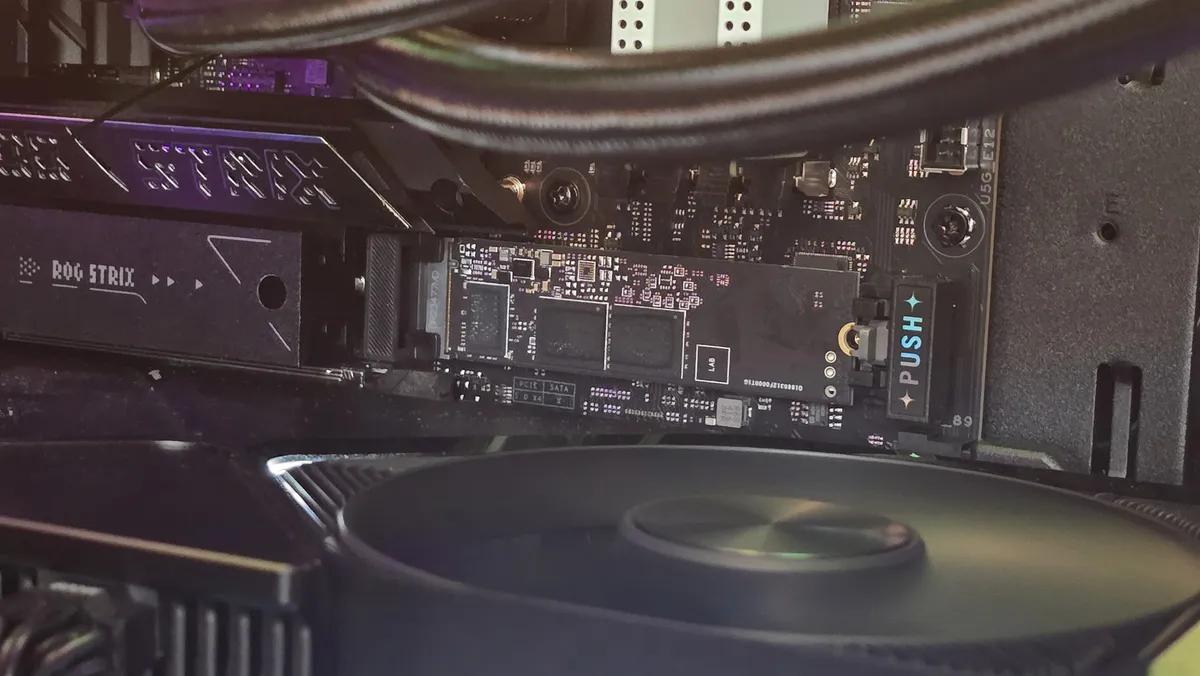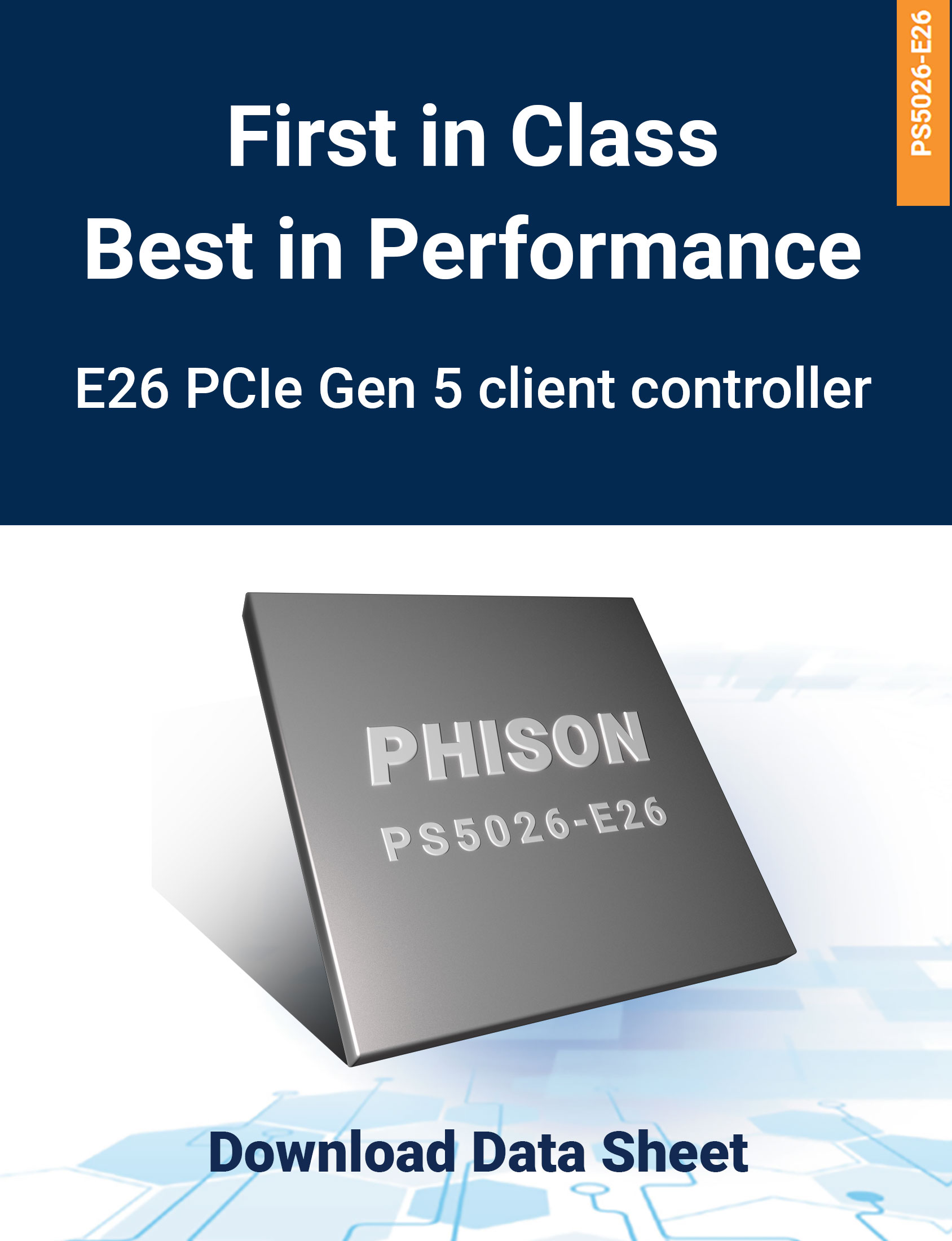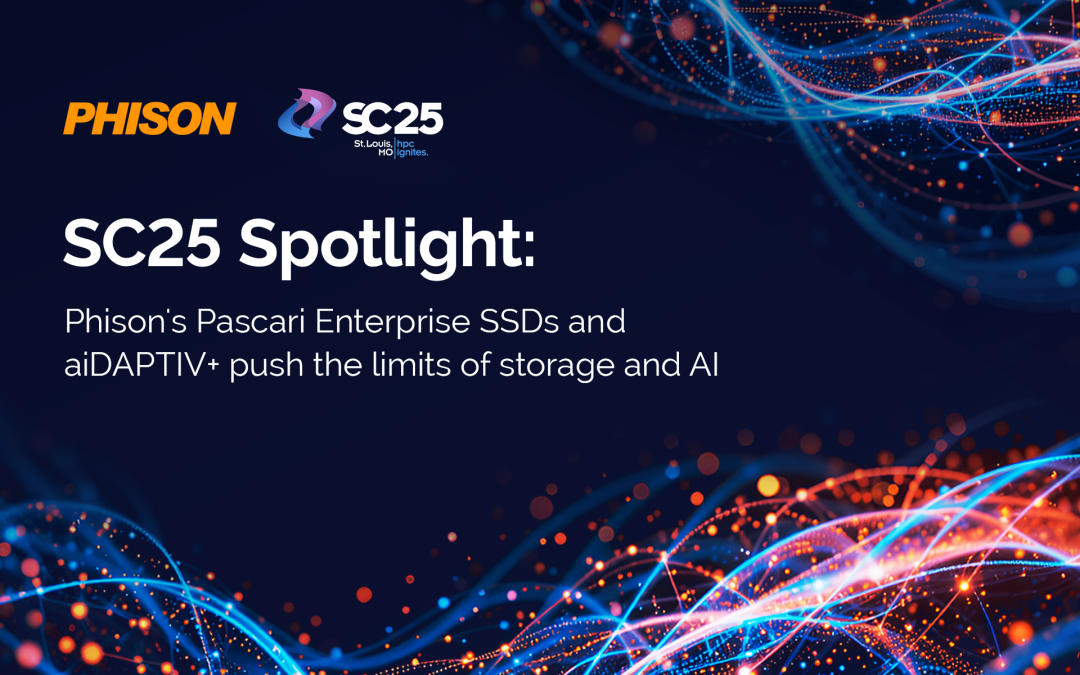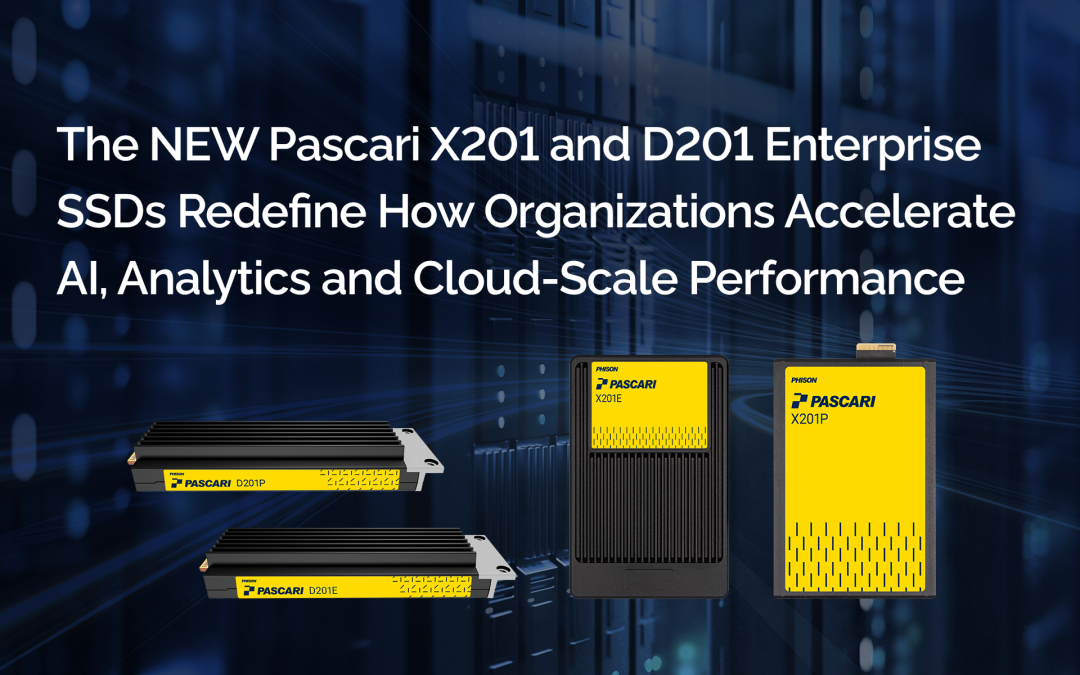“When it comes to the world of PC gaming, a new SSD controller chip is unlikely to garner many headlines, as it’s normally the solid state drives they’re used in that are more newsworthy. But at this year’s Computex event, SSD specialist Phison announced a new controller that is faster and more power efficient than the competition, and even has integrated AI processing to speed up…well…AI processing.
. . .
Phison also claims that the E28 controller uses 15% less power than other 6 nm SSD controllers, although it doesn’t specify which others it’s comparing the new chip to. Either way, less power means less heat, and that’s good news all around when it comes to ultra-fast storage.”- pcgamer.com
Source: pcgamer.com








